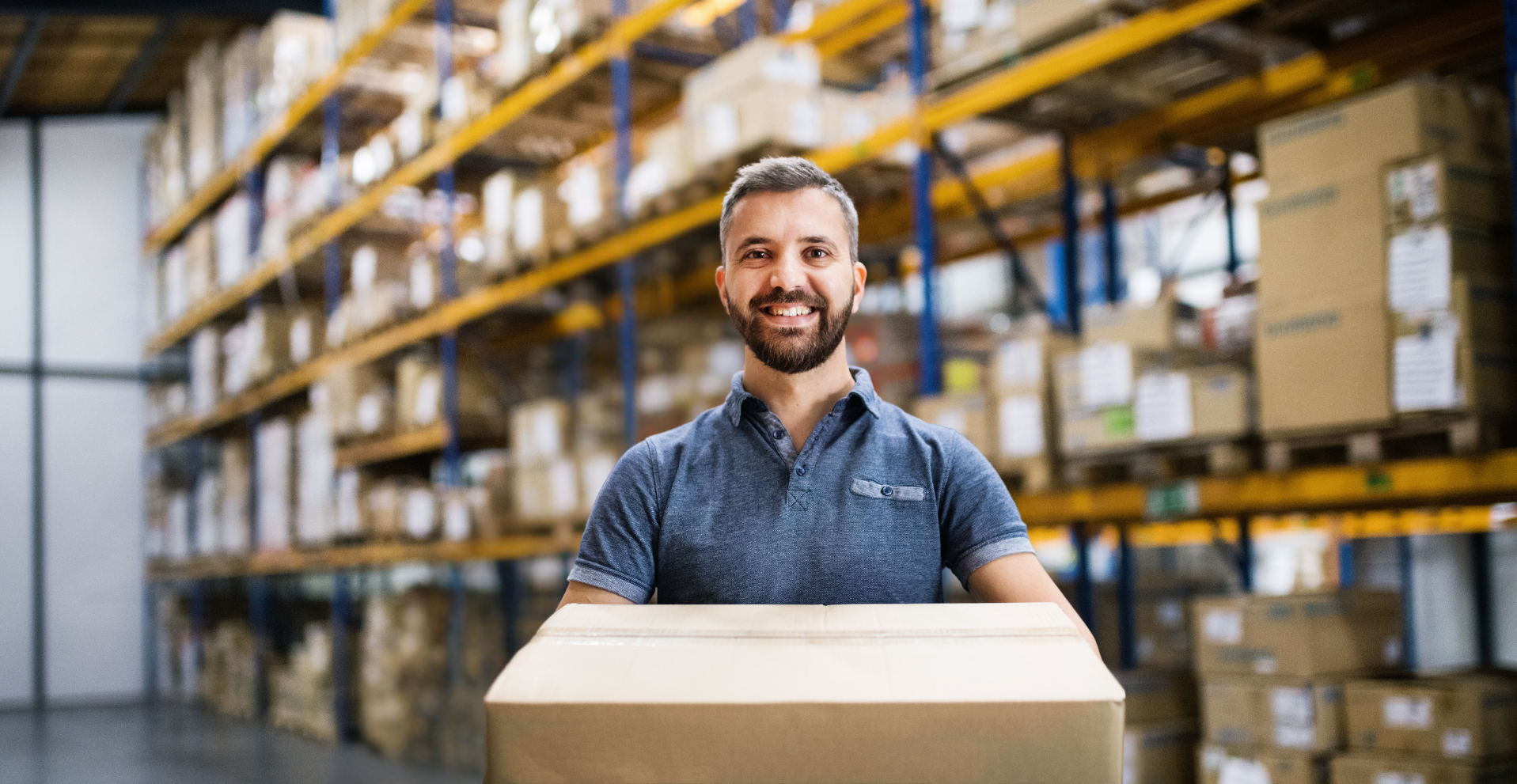International logistics is a cornerstone of global trade, and its landscape continues to evolve rapidly. By 2025, the freight industry will face multifaceted challenges across air, ocean, and land transportation. Rising costs, regulatory changes, and advancing freight technology will shape logistics management and supply chain operations. This article explores the significant hurdles, focusing on air freight instant rates, ocean freight services, and less-than-container load (LCL) shipping, offering insights to help logistics professionals adapt.
Overview of International Freight Services
 . By 2025, the industry will face challenges that affect air freight delivery services, ocean freight, and land logistics.
. By 2025, the industry will face challenges that affect air freight delivery services, ocean freight, and land logistics.
- Air Freight: A critical mode for high-value goods, facing price fluctuations and limited cargo space.
- Ocean Freight: Accounts for most global trade, but congestion and environmental regulations pose hurdles.
- Land Freight: Supports last-mile delivery and transcontinental trade but is vulnerable to infrastructure issues.
Challenges in Air Freight Shipping
Rising Air Cargo Rates
Air cargo rates are expected to fluctuate due to fuel costs, geopolitical tensions, and demand spikes. Digital freight forwarding solutions can alleviate some challenges by providing instant access to competitive pricing.
Limited Cargo Space and Demand Surge
With e-commerce booming, competition for air cargo space intensifies. Real-time rate tools and predictive analytics can help businesses secure optimal routes and rates.

Stricter TSA regulations and customs requirements require advanced freight technology to streamline compliance and minimize delays.
Ocean Freight and LCL Ocean Freight Challenges
Congestion at Ports
The “less than container load” (LCL) segment of ocean freight faces delays due to port congestion and vessel shortages. Diversifying routes and leveraging freight technology can mitigate these risks.
Environmental Regulations
Tighter emissions standards necessitate adopting sustainable practices, such as alternative fuels and route optimization.
Fluctuating Rates and Reliability
Freight rates in the ocean shipping sector are volatile. To maintain cost-effectiveness, businesses should explore long-term contracts and digital solutions.
Land Freight Transportation Bottlenecks

Aging infrastructure, especially in developing regions, will slow freight transportation. Governments and private sectors must collaborate to improve roads and rail networks.
Driver Shortages
A global shortage of drivers is expected to increase costs and delay deliveries. Investments in automation and training can alleviate the issue.
Last-Mile Delivery Challenges
Last-mile delivery complexities, such as urban congestion and sustainability demands, require innovative solutions like electric vehicles and micro-distribution hubs.
Emerging Trends in Freight Technology
The Role of Digital Freight Forwarding
Digital freight forwarding integrates real-time tracking, instant quotes, and automated booking, enhancing the efficiency of international logistics.

AI and predictive analytics allow businesses to forecast demand, identify potential disruptions, and optimize logistics networks.
Blockchain and Transparency
Blockchain ensures end-to-end visibility and trust in the supply chain by preventing fraud and reducing administrative burdens.
Strategies for Overcoming 2025 Challenges
- Embrace Technology: Invest in digital freight tools for real-time data and optimization.
- Collaborate Globally: Partner with logistics providers for enhanced international freight transportation.
- Focus on Sustainability: Adopt eco-friendly practices to meet regulatory requirements and appeal to environmentally conscious clients.
The logistics landscape for 2025 presents numerous challenges but also opportunities for innovation. By proactively addressing air cargo rates, ocean freight bottlenecks, and land freight infrastructure, businesses can ensure resilience in their supply chains. Leveraging advancements like digital freight forwarding and predictive analytics will be crucial in navigating the complexities of international logistics. Prepare today to thrive tomorrow in the evolving global trade ecosystem.



Leave A Comment
You must be logged in to post a comment.